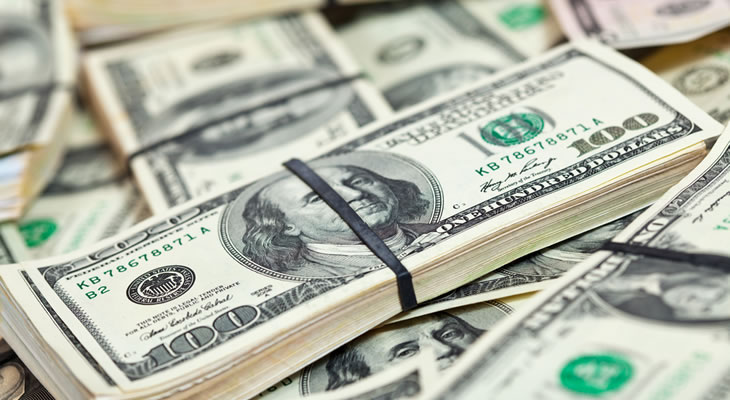Forex
Diaspora Remittance: Understanding ‘CBN Naira 4 Dollar’ Policy

Naira
Naira’s Recent Gain Reflects Policy Direction, Says CBN Chief Olayemi Cardoso
Naira
Dollar to Naira Black Market Today, April 18th, 2024
As of April 18th, 2024, the exchange rate for the US dollar to the Nigerian Naira stands at 1 USD to 1,020 NGN in the black market, also referred to as the parallel market or Aboki fx.
Naira
Naira’s Upsurge Strains Nigeria’s Foreign-Exchange Reserves
-



 Forex2 weeks ago
Forex2 weeks agoZiG to the Rescue: Zimbabwe Shifts Gear with New Currency Backed by Gold
-







 Naira1 week ago
Naira1 week agoDollar to Naira Black Market Today, April 9th, 2024
-

 Naira4 weeks ago
Naira4 weeks agoDollar to Naira Exchange Rate at Black Market Today, March 21st, 2024
-

 Company News4 weeks ago
Company News4 weeks agoNNPC Gears Up for Public Listing, Embraces Full Commercialization
-





 Naira2 weeks ago
Naira2 weeks agoDollar to Naira Black Market Today, April 8th, 2024
-

 Billionaire Watch1 week ago
Billionaire Watch1 week agoNigerian Billionaire Tony Elumelu Contemplates Acquiring NPFL Club
-







 Naira3 weeks ago
Naira3 weeks agoDollar to Naira Black Market Today, March 26th, 2024
-





 Naira1 week ago
Naira1 week agoNaira Hits Eight-Month High at 1,120/$ Amidst Central Bank Reforms














